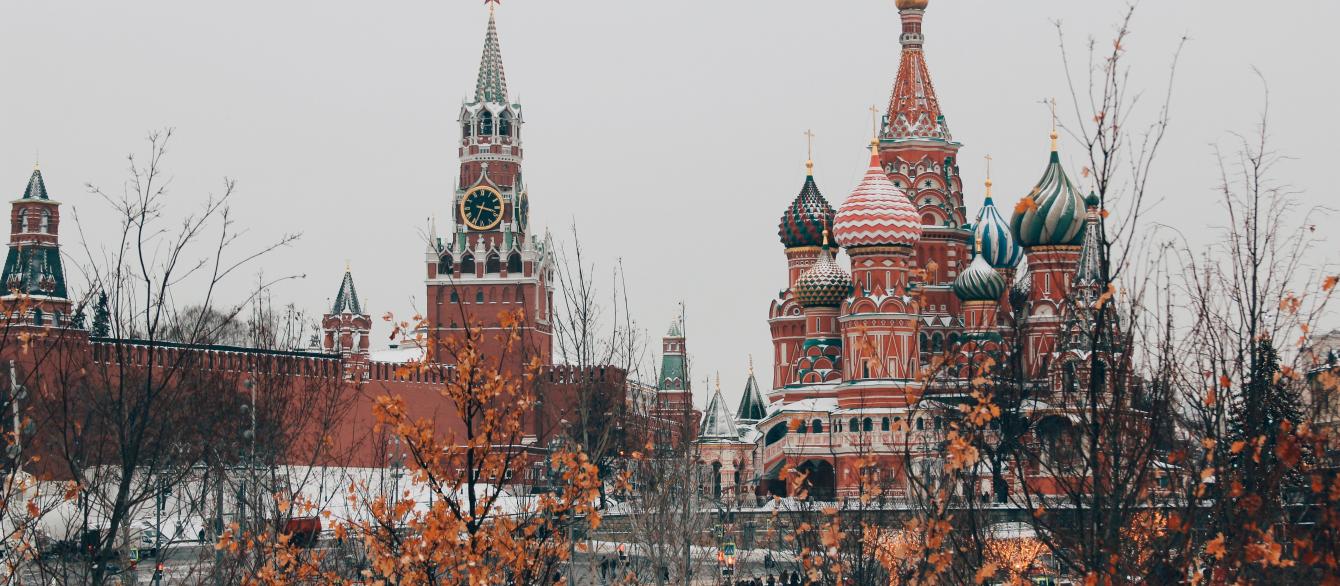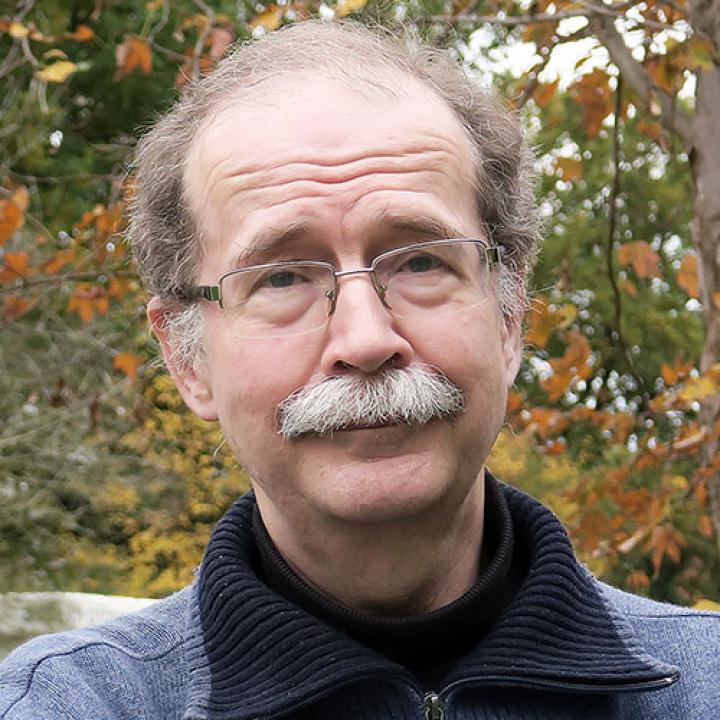Polls, shaped by state propaganda and the increasingly harsh repression of opponents of the war, give the Putin regime the illusion of stability. However, recent talk in Russia about the "catastrophic consequences of the country's disintegration" (including Putin's speeches on this topic) reflects a serious internal split in Russian society and within the elites.
One can argue about the likelihood of "disintegration" scenarios, but it is clear that the exasperation generated in society by aggressive state propaganda aimed at increasing support for the war will inevitably turn inward — increasing confrontation between different groups within the elites and society.
The accumulation of such internal tensions is fraught with the potential for a social explosion that could turn into a civil war. Given that Russia has nuclear weapons, such a development would have grave consequences at home and pose a serious threat to the rest of the world. To prevent such scenarios, it is now necessary to think about realistic models for Russia’s sociopolitical and economic order and its interaction with the world after the war and after Putin.
Read More
The full text of this article is available via Russia.Post.






